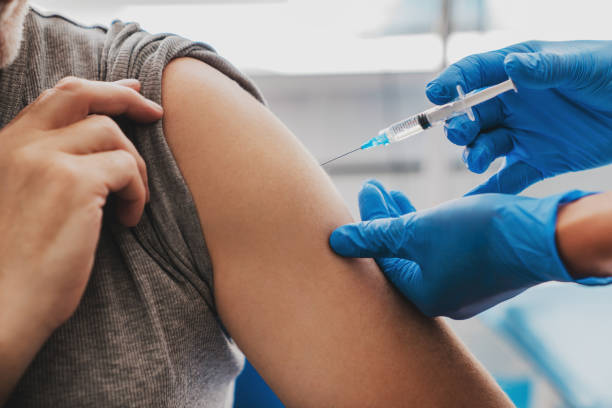Could the new ‘sober up jab’ help stop hangovers?
A “sobering up” injection that could help people quickly recover from hangovers is being explored by scientists.

According to a recent study in a research journal named Cell Metabolism, the hormone FGF21 (fibroblast growth factor 21), which is usually found in the liver, is currently being assessed for its potential to target the liver-brain pathway and treat acute alcohol poisoning.
As part of the experiments, large doses of FGF21 have been shown to “dramatically accelerate” the process of sobering up, not by reducing the level of alcohol in the body, but instead by stimulating brain cells.
Scientists researching the effects of the hormone and leading the study have concluded that the liver is not just useful for its usual functions, but can also allegedly help mitigate the prolonged effects of alcohol since it has the potential to send signals to the brain to protect it.
Dr Steven Kliewer, of University of Texas Southwestern Medical Center, and lead author of the study, stated how he hoped that FGF21 could be useful for treating people with acute alcohol poisoning.
Partner Content
Kliewer said: “By increasing FGF21 concentrations even higher by injection, we can dramatically accelerate recovery from intoxication. FGF21 does this by activating a very specific part of the brain that controls alertness”.
He explained: “Increasing alertness and wakefulness would be helpful both for avoiding the need for intubation (unconscious patients can choke to death on their vomit) and for speeding up evaluation and treatment of other concurrent injuries.”
Kliewer also disclosed how, during the study, he and his team had “discovered that the liver is not only involved in metabolising alcohol but that it also sends a hormonal signal to the brain to protect against the harmful effects of intoxication, including both loss of consciousness and coordination”
Dr David Mangelsdorf, co-author of the study, added: “Our studies reveal the brain is the major site of action for FGF21’s effects. We are now exploring in greater depth the neuronal pathways by which FGF21 exerts its sobering effect.”
According to the research, the FGF21 hormone has already been used in clinical trials on humans for other conditions and the team at the University of Texas Southwestern Medical Center has admitted it is “exploring avenues” to test it further to help people sober up.
Related news
Chimps consume daily dose of alcohol through fruit, UC Berkeley study finds
Pay rises, perks expand as hospitality fights to keep staff
Scottish project transforms whisky waste into compostable packaging




